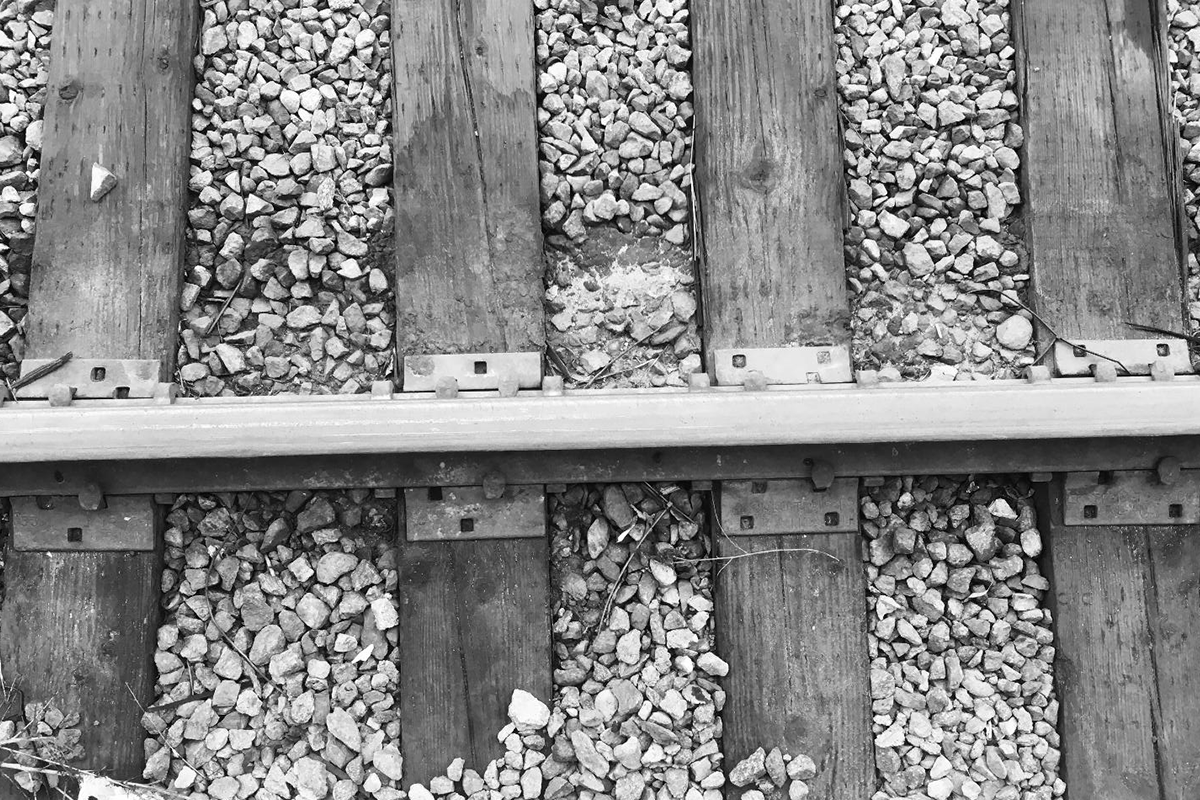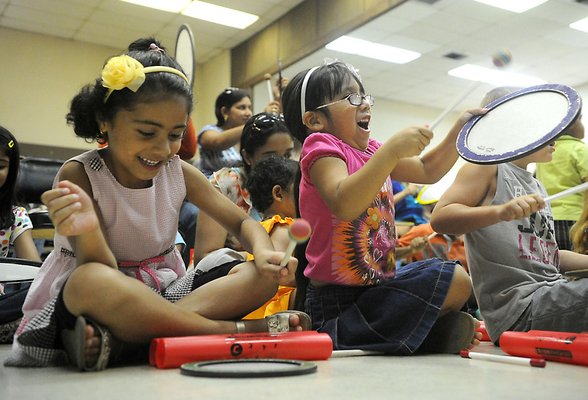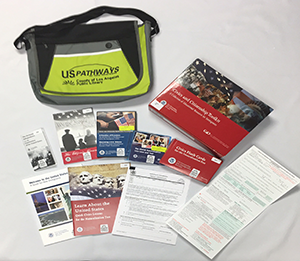Buddy and Dean

In 2012 I was hired as part of a program to provide outreach services to the homeless of Hollywood. It was our job to find the most vulnerable individuals on the street and to work to get them into housing. Not long after we began, we found a panhandler at a gas station near Griffith Park.
Dean was a wiry guy with tangled hair sticking out from under a grimy baseball cap. He had a long, grizzled beard and striking blue eyes that hid a fast wit. When he talked, he grew animated, with arms waving and face twisting. He was a storyteller who loved having an audience. He was also a drug addict who used just about anything he could get his hands on. Let’s be real, I need beer! his cardboard sign read.
“Go find Buddy up on the hill!” he told us because he wanted us to talk to his friend. He was also eager to get back to his hustling. In the early days of our work, people on the streets regarded us with a detached bemusement. They had been promised housing in the past by many other organizations. None of these panned out, so they had good reason to doubt us. We told Dean that we would come back to see him in a few days and went up the hill to find Buddy.
Buddy was tucked away on the top of a small hill amid untrimmed bushes. He was passed out on a towel, his body covered in sweat and smelling of urine. An empty fifth of vodka lay just out of arm’s reach. We tried to get his attention, but he could not be stirred.
“We’ll have to come back,” the team leader said.
Several days later, we met with Dean on the same street corner. He signed the paperwork to join our program and asked a bunch of questions: When can I get some money? You got any lawyers I can talk to? Where’s this so called housing going to be? How long is this gonna take?
Dean said he was a dishonorably discharged Green Beret on the run from the law in Texas. From what, he would not say. He told us his family had disowned him from a large inheritance. Dean also responded to internal voices and seemed to see things that were not there. It was often difficult to tell what was real and what was not with Dean.
“My own mother wants to take my money from me,” he said. “The bitch.” He had been on the streets for 20 years. To survive, he had taken to running drugs for gang members in exchange for free passage in their territory as well as free drugs. We made plans for him to come to our office to discuss the next steps, then left him alone to panhandle.
“Don’t forget Buddy!” Dean reminded us. This time when we climbed the hill, Buddy was wide awake and waiting for us.
“Hey y’all!”
Turns out Dean had told him about our program.
Buddy was tall and lanky with a big smile and hearty laugh. He was older than Dean by at least 10 years. His hands were massive, and he had once been a boxer. His body slumped from decades of alcohol abuse. He could not remember much of the last 20 years and would tearfully tell the same story over and over.
“I use to live in Vegas,” he said. “Life on the streets there is pretty tough. I ended up killing a guy because he was going to kill me. There was nothing else I could do. It was him or me.…” And by this time, he was in tears. The judge had let him off on self-defense, and he came back to Los Angeles, where he had grown up. None of his family wanted to have anything to do with him, so he started drinking.
“And never stopped,” was how the story usually ended.
Homelessness is a constant fight for survival and allies can mean the difference between life and death. Buddy and Dean were more than just allies. They shared their stories with each other, which is something you did not do on the streets, where information can be used against you. They talked about the things they wanted. For Buddy, it was a house and a car and a decent job. For Dean, it was women and motorcycles. Buddy seemed like the kind of guy who’d share his last drink with a friend. Dean was the kind of guy who would take that drink.
One day when we went to visit, we met them at a nearby bus stop. Dean had his arm around Buddy and they were laughing hysterically. “We was just shootin’ the shit,” Dean said, pulling his hand away as we walked up. He was embarrassed by our witnessing this moment. While Dean constantly worked to portray the tough street thug, it was clear he had a tender side. And a soft spot for Buddy.
Because he was often drunk, Buddy was particularly vulnerable. Every time he got something new, like clothes or a pillow, he would wake up from his stupor to find it gone.
“I can’t do this anymore,” he told us after someone had taken a radio he found. “I can’t spent the rest of my life drunk on this goddamn hill!” he yelled with tears streaming from his eyes as he pounded his fist into the grass.
Soon after, we sent him to a detox center in Pomona. He assaulted one of the staff. They kicked him out. We had no idea if we would ever see him again.
A few days later, it was Dean who brought Buddy back to our office. Somehow Buddy had made his way back to the hill where Dean had found him. He had no memory of attacking the staff member. In his mind, they had let him go because he had gotten a job at a nearby Burger King.
“I was doing my job, washing the windows, when the police rolled up on me,” he said in an incredulous tone. “I tried to tell them I was just doing my job, but they wouldn’t listen. They hauled my ass off to jail!” Pomona PD released him a few days later and told him to get out of town, so he made his way back to Hollywood.
“This guy keeps saving my life,” he smiled at Dean.
“You’re like a brother to me, man,” Dean said with affection.
Despite their differences, Buddy and Dean cared about each other. You could see it in the way they patted each other on the back, the way they shared their food with each other, the way they talked and laughed together. It was an unusual relationship to see on the streets. Most people are consumed with self-preservation to the point of open hostility toward others. It was not uncommon to hear about women of the street being raped by gangs of homeless men. In order to survive, most women on the street found a “husband” to take care of them. The price was often non-consensual sex or even beatings, but at least it was by one man instead of many. Buddy and Dean’s friendship on the street was based as much on the desire to connect as it was for self-preservation.
By this time, our team had cut a deal with a local motel. Its carpet was worn to the concrete, and the peeling walls were smeared with decades of unattended filth. But they rarely turned away a potential customer. We put both Buddy and Dean in this motel temporarily in order to help them work toward the next step.
Buddy stayed sober long enough to complete the process to get into rehab. Dean was another story. He agreed to take an injection of an antipsychotic in order to soothe the voices that plagued him, but he continued to smoke marijuana in his motel room. Bringing in a couple of hookers one night was the last straw for the manager, who called me directly.
“Get him the fuck out!” he yelled.
Before I could get there, Dean had an altercation with another motel guest, then cleared out. As he was leaving, he found Buddy sleeping in his room and took his clothes, his blankets, and what little money he had. When Buddy awoke to confront him, Dean slashed his face with a penknife and ran off. The manager called the police. Buddy told them where to find Dean. The police immediately knew who he was. They were more than happy to take him in.
When we later asked Dean why he had done this to Buddy, he only shrugged his shoulders and said, “That’s life on the street.”
That was about right. We never heard another reason for why he’d turned on his friend so suddenly.
“If I ever see that piece of shit, I’ll kill ’im,” Buddy said. “Can’t believe he would do this to me.…”
Soon after, Buddy was taken to rehab, where he worked a 60-day program of recovery groups morning, noon and night. The program was a 12-step group, with a substance abuse counselor who met with each person one on one. Buddy made changes in his thinking and behavior with the goal of never taking another drink. Simply being away from it seemed to give him clarity. He focused on never going back to that hill. In his mind, just one drink would be catastrophic. “I know where it can take me,” he said.
While Buddy was in rehab, the housing coordinator prepared the paperwork for his housing placement. When he got out, Buddy was moved into a studio apartment in the heart of Hollywood. His recovery was remarkable in both its speed and depth. In fact, of the 65 people we housed, Buddy was one of two who had totally turned away from his old habits.
After the assault, Dean spent a couple of months at Twin Towers Correctional Facility in Los Angeles, with the plan that he would come to our office as soon as he was released. When that day came, he was the most clear-headed I had ever seen him. He insisted that he was ready to be housed and that he would never bother Buddy again.
But Dean disappeared soon after he got out of jail. I searched his spots a couple of times a week but didn’t find him. A few months later, he appeared covered in a layer of black muck, sputtering manic stories of his drug adventures: how he exchanged sex with a old lady who allowed him to sleep in her car at night, how he befriended a local important gang member who treated him like a mascot, giving him free drugs because “he thinks I’m so fucking funny.”
Later, Dean appeared with an older woman. Her name was Beth. She was homeless as well but had a steady source of income. She wanted us to take Dean off her hands
A few weeks later, Beth showed up to tell me that Dean had drank himself to death.
“I tried and tried to revive him,” she said tearfully. “But he just stopped moving.”
The next day, I knocked on Buddy’s door. He was doing well in his apartment. He had set up a table, a few chairs and a lamp. Everything was kept neat and clean. He was attending meetings and talking about maybe going back to school or getting a part-time job.
I told him about Dean.
We sat together for a long time in silence. Buddy shook his head.
“Jesus,” he said.

October 27, 2017










